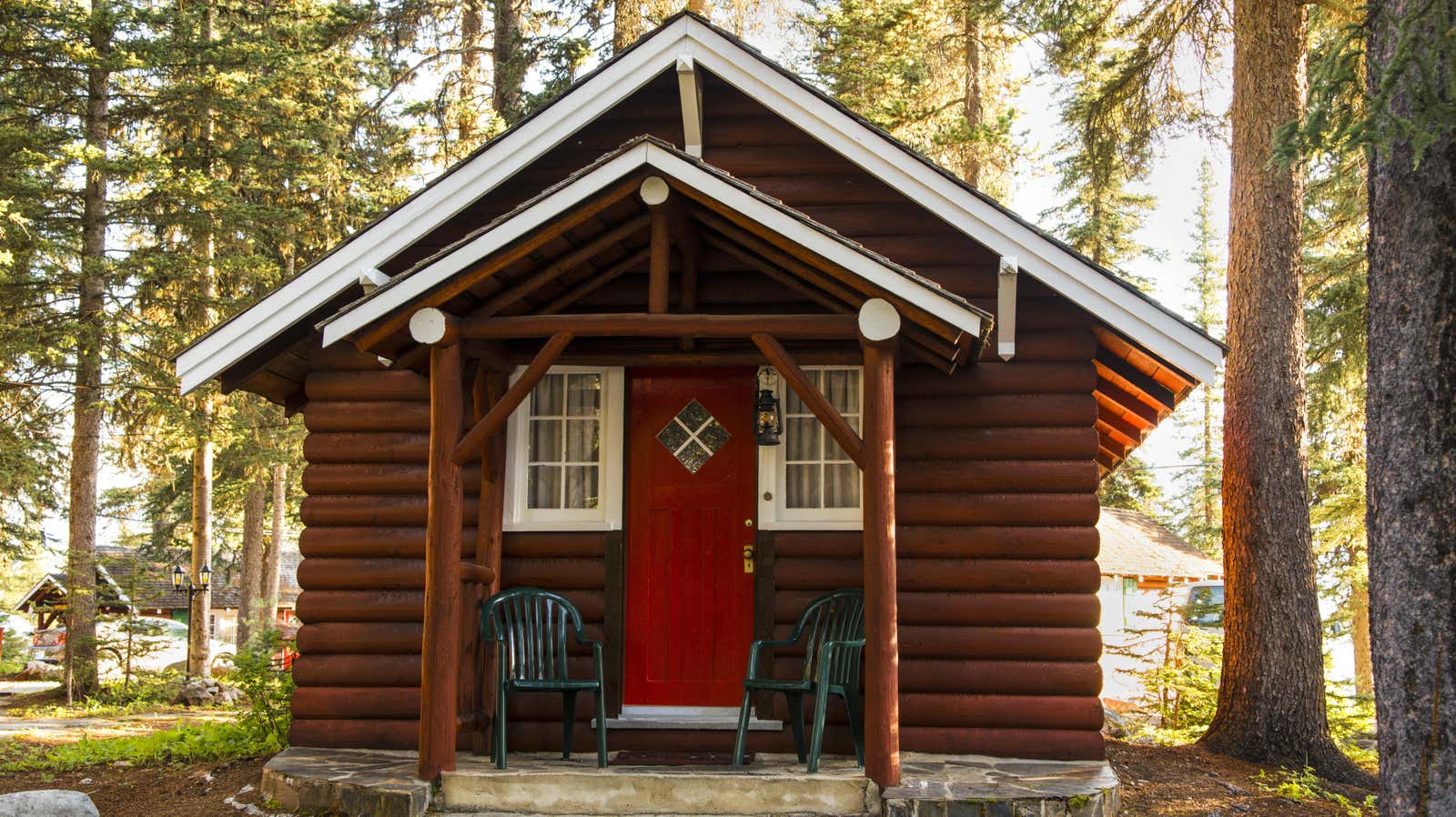Do Not Book a Holiday Home With These Words in the Ad

When it comes to your hard-earned vacation, rental property can make or break your trip. For example, you might get lucky and end up booking a seat that is even better in real life than in the photos in the ad.
On the other hand (which is probably more likely), upon arrival, you may find that the owner has taken quite a few liberties when describing the property in the ad.
And while reading reviews can help, it’s important to remember that one person’s dream country home is another person’s outdated vacation nightmare.
To avoid situations like this, watch out for certain words in ads that might be red flags , or at least tell you more about whether a property is right for you. Here’s what you need to know.
Red word in vacation rental ads
Like real estate listings, Airbnb and VRBO listings use certain words that can say a lot about a property without explaining it. These include words like “cozy” which, in addition to its actual definition, also tends to be used to describe spaces that are smaller than average.
Here are a few more examples — and what they might actually mean — courtesy of the Elliot Advocacy Report :
Eclecticism
Perhaps it refers to decor that mixes several different design styles. Or maybe it means that you can only enter one bedroom by climbing through the window, or that the only sink is above the toilet.
If after looking at the photos and reading the reviews you still have questions about the eclectic property, it’s probably best to contact the owner to make sure it suits your needs.
Secluded
Like “private”, this probably means the property is far enough away from other people that you can turn up the volume on your stereo without disturbing anyone. But how accurate is it?
More importantly, it may indicate that the house is quite far from the nearest gas station, grocery store, or hospital. For this reason, always check the approximate distance from home to civilization before booking. The ad might not give the exact address before booking, but it will at least give you an idea of where it is on the map.
Safe
Sure, you want your vacation rental to be reliable, but what prompted the host to include it in the description? While this could mean that they recently installed a video doorbell (which is a separate issue ), it could also indicate that the home is not in the safest area.
If everything else about the property is attractive, you can do a little research on the location, including looking up the house on Google Street View (which is a good idea before booking a rental).
Rustic
“Rustic” is in the eye of the beholder and exists on a spectrum. So when you see a word on a property listing, it’s your key to really go through the reviews and photos carefully to make sure the rental is at least up to your minimum standards.
For example, a 150 year old home might be described as “rustic” due to the usual quirks that come with property of this age, including the fact that no matter how much you clean, it will never be as spotless as a newer, airtight house. built in the 21st century. While people who love and appreciate historic homes probably know what to expect, those used to more modern properties may be disgusted.
In fact, for some people, everything but the luxurious rooms may seem rustic. In other situations, “rustic” could mean that the rental apartment has no air conditioning, limited hot water, a composting toilet, or a weak Wi-Fi signal – all perfectly acceptable to some people, but a deal breaker. For others.
The key is to take the time to figure out what the word in that particular property means before booking it.
These are tips, not hard and fast rules.
Of course, the fact that these words appear in the ad does not mean that the owner is trying to hide something or that something is wrong with the property. Instead, consider this yet another screening strategy to use before booking your vacation home.